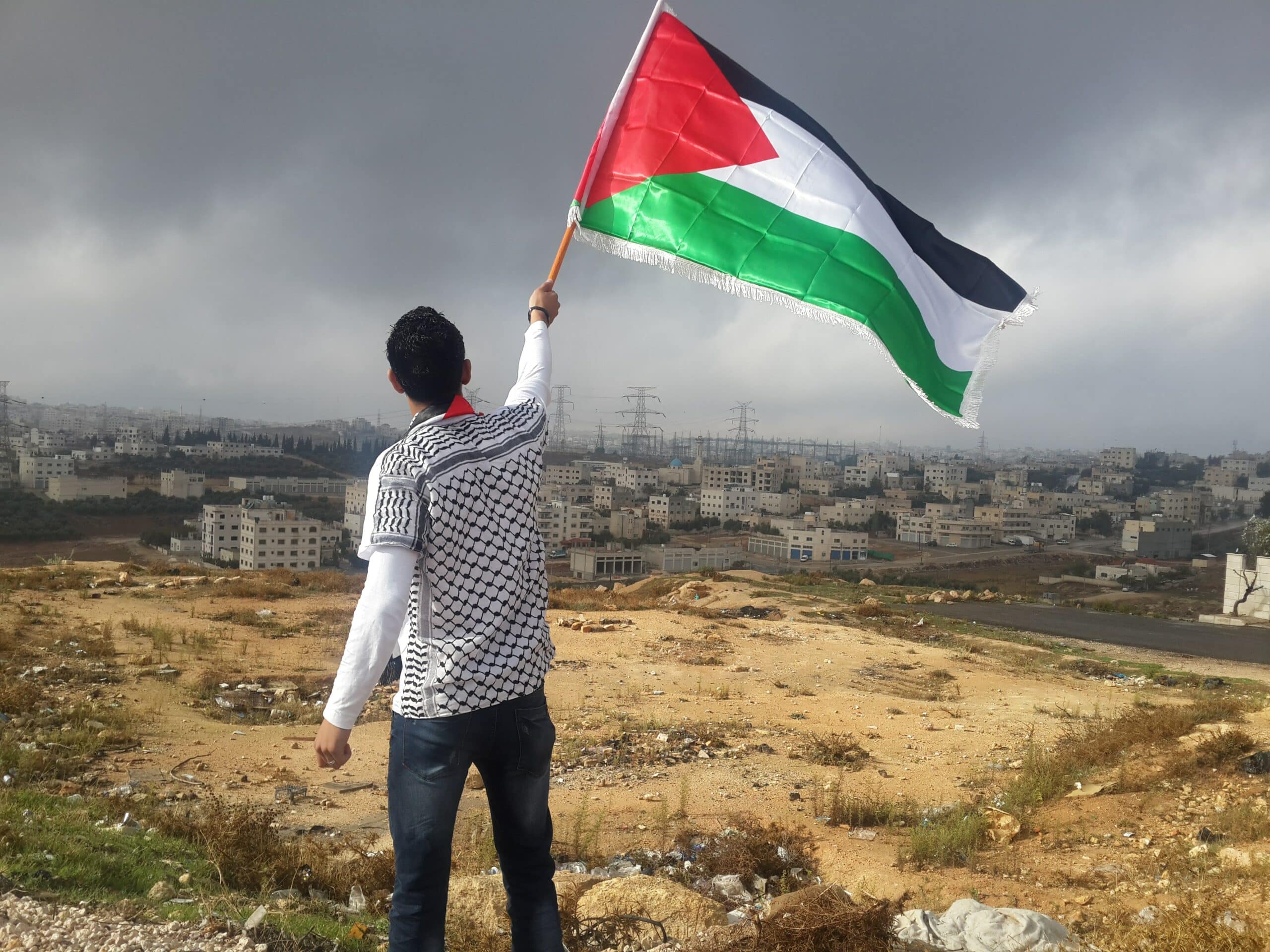A four-day truce “is not an end to the genocide”
Social media users and activists are expressing their frustration following the recent announcement of a four-day truce in the Gaza Strip.
On November 22, after almost seven weeks of war, the Israeli cabinet approved a four-day truce in the Gaza Strip. In exchange, Hamas has agreed to release 50 of the Israeli hostages abducted on October 7. So far, 24 hostages—13 Israelis, 10 Thai nationals, and one Filipino citizen—out of 240 were released on Friday.
Over the past several weeks, Qatari mediators have been leading negotiations for the release of hostages on both sides and a temporary pause in war. On November 15, reports emerged of Qatari mediators closing on an agreement that would release 50 hostages. On November 19, the Israeli cabinet met and concluded it was ready to reach an agreement regarding the release of hostages in exchange for a temporary truce.
Three of the 38 members of the Israeli cabinet voted against the truce. The cabinet also agreed to extend the pause by one day for every 10 hostages released. As part of the deal, humanitarian aid including medical and fuel aid will be accepted into Gaza.
Prime Minister of Israel Benjamin Netanyahu emphasizes that the state has no intention of ending the war even after the release of hostages. In a press conference in Tel Aviv on Wednesday, Netanyahu announced, “We are at war and we will continue the war until we achieve all our goals.”
Some Palestinians are also expected to be released from Israeli jails in the West Bank as part of the terms of the truce. This includes teenage boys who were detained in the West Bank during 2022 and 2023. Presently, Israel holds 7,000 Palestinians captive on accusations of security offences.
Originally, the four-day truce was set to begin on Thursday, November 23. However, Israeli forces delayed the truce until Friday, November 24. Since then, the Israeli army pursued a raid on Wednesday and arrested Dr. Mohammad abu Salmiya, the director of al-Shifa Hospital, Gaza’s largest medical facility.
Thousands of displaced Palestinians are sheltering in and around the hospital. Forty-one of its patients, including three premature babies, died from a lack of oxygen between November 11 and November 16 because the hospital ran out of fuel to power its generator. The hospital continues to operate without electricity.
The raid on November 23 bombed at least 300 targets from the air and detained several medics. Abu Salmiya has been transferred to the Shin Bet domestic security service in Israel for further questioning.
Currently, Northern Gaza’s last running hospital is being targeted by the Israeli army. Hundreds are seeking shelter inside Gaza’s Indonesian hospital including medical staff and injured civilians.
In light of these events, many have taken to social media to voice their frustrations about the four-day truce.
Yara Eid, a Palestinian journalist and human rights advocate, wrote a post on X that states: “This is not a ceasefire. This is not an end to the genocide. You cannot stop talking about what’s happening because of this fake ‘truce.’”
Another X user with more than four thousand followers, @IrrumAli, posted: “A temporary truce is not a humanitarian act. It only means that after 4 days, Israel will go back to carpet bombing Palestinians still trapped in Gaza.”
With the delay of the four-day truce and the intensity of the six-week attacks, many believe that the four-day truce is inadequate and that, instead, an immediate and permanent ceasefire needs to be implemented. Hassan El-Tayyab, legislative director for Middle East policy at the advocacy group Friends Committee on National Legislation, is one of those people.
“This is an important break in the fighting. It’s important that these families are reunified,” he told Al Jazeera. “But it’s not enough. We have to continue building momentum to reach a permanent ceasefire, a return of all the hostages, unfettered aid access and a solution for peace for Israelis and Palestinians.”
News Editor (Volume 48 & 50) — May is in her final year of undergraduate studies and is on her way to graduating with a double major in Criminology and Sociology. With more than 50 published articles, May has a wealth of experience writing for The Medium. May has also served as News Editor in Volume 48. She believes that news journalism is not just a privilege, but an important responsibility to report the unbiased truth.


